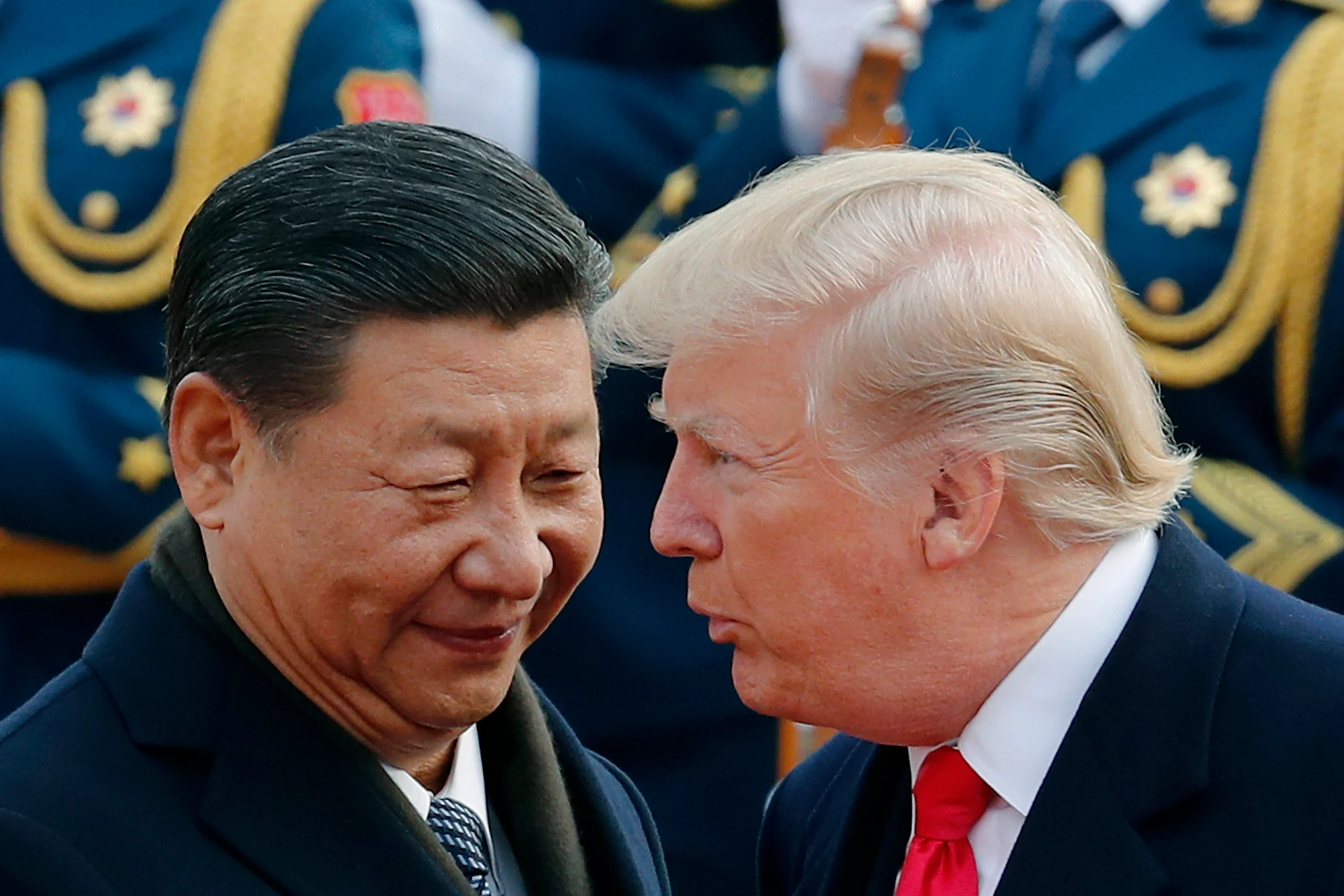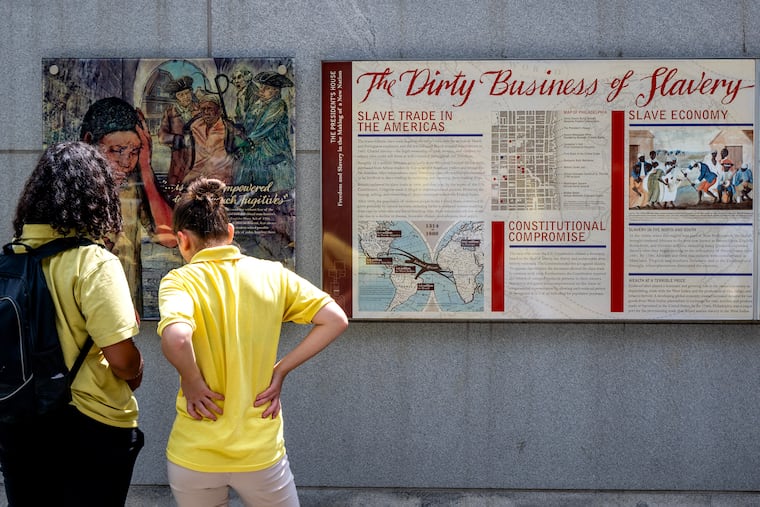By Kandy Wong,Luna Sun,Ralph Jennings
Copyright scmp

With the fragile US-China trade truce nearing its November expiry date after two 90-day extensions, next week’s talks in Madrid could be decisive – not only in determining the likelihood of a summit between presidents Xi Jinping and Donald Trump, but also whether the two sides can agree to a lasting settlement rather than another shaky detente, according to analysts.
A fourth round of major trade talks between Beijing and Washington is set to unfold next week in the Spanish capital, with US Treasury Secretary Scott Bessent due to meet Chinese Vice-Premier He Lifeng and other senior officials, Bessent’s office confirmed in a statement on Thursday.
Representatives from both countries will “discuss key national security, economic and trade issues of mutual interest, including TikTok and cooperating on money-laundering networks that threaten both the United States and China”, the Treasury said.
Stephen Olson, a former US trade negotiator who is now a visiting senior fellow at Singapore’s ISEAS – Yusof Ishak Institute, said: “If the US and China would like to accomplish something beyond just another extension by [November 10], the pace, tempo and depth of discussions will have to intensify.”
With both countries far apart on major issues, he added, if the Spain meeting fails to yield concrete progress, it is unclear whether Trump’s “hoped-for summit” with Xi can remain a “viable possibility”.
The Post previously reported that Trump might visit China before heading to the Asia-Pacific Economic Cooperation summit in South Korea, scheduled to be held from October 30 to November 1, or he could meet Xi on the sidelines of the event.
After a third round of talks in Stockholm, Sweden, in late July, the two sides agreed to extend their truce for another 90 days, doubling an extension agreed to in May after their first round of discussions in Geneva, Switzerland.
Following meetings in London in June, Beijing accelerated approval for exports of rare earth minerals, while Washington resumed reviewing licence applications for advanced artificial intelligence chips to China.
Yet, the world’s two largest economies have so far failed to strike a comprehensive trade deal that would roll back Trump’s tariffs – still standing at around 55 per cent on Chinese goods, including those imposed on fentanyl.
Trump has also pressured European countries to slap 100 per cent tariffs on China and India as punishment for buying Russian oil, according to reports by the Financial Times and CNBC.
Dexter Roberts, a US-based senior fellow at the Atlantic Council think tank’s Global China Hub, noted that the Bessent-He Lifeng meeting might be viewed by Trump as a walk-up to his possible meeting with Xi before the November due date.
“There’s momentum, and it has to do with both sides wanting the leaders to meet,” he said, adding that sweeping tariff cuts were unlikely, but that the US side could push China to make promises of soybean purchases – a flashpoint in the dispute, as China’s soybean orders were halted amid tensions.
Andrew Collier, a senior fellow with the Harvard Kennedy School’s Mossavar-Rahmani Centre for Business and Government, added that an agreement in Spain is possible, but speculated that “Trump would ultimately sign it at a later date”.
Hurdles remain, he said, as China “has clearly dug their heels in”, and “it doesn’t look like the Trump administration is prepared to make any major concessions”.
TikTok’s fate will also feature in the talks, with the Treasury confirming that the video-sharing app is on the agenda. Owned by China’s ByteDance, the app faces a potential US ban unless sold to American owners, though Trump has already pushed the divestment deadline back to Wednesday.
Illicit financing will also be covered, which US officials have previously said is facilitated by Chinese networks widely used by Mexican drug cartels to move drug proceeds, often intertwined with human trafficking, smuggling, fraud and other illegal flows.
Another focal point of the talks could be sanctions on Russia, said Xu Weijun, an assistant research fellow with the Institute of Public Policy at the South China University of Technology.
Trump recently vowed to step up pressure with secondary sanctions on countries buying Russian oil – a move seen as signalling direct economic pressure on Beijing.
The US could “tighten sanctions and levy secondary tariffs on nations purchasing Russian oil to force Moscow back to the negotiating table”, Xu added.



